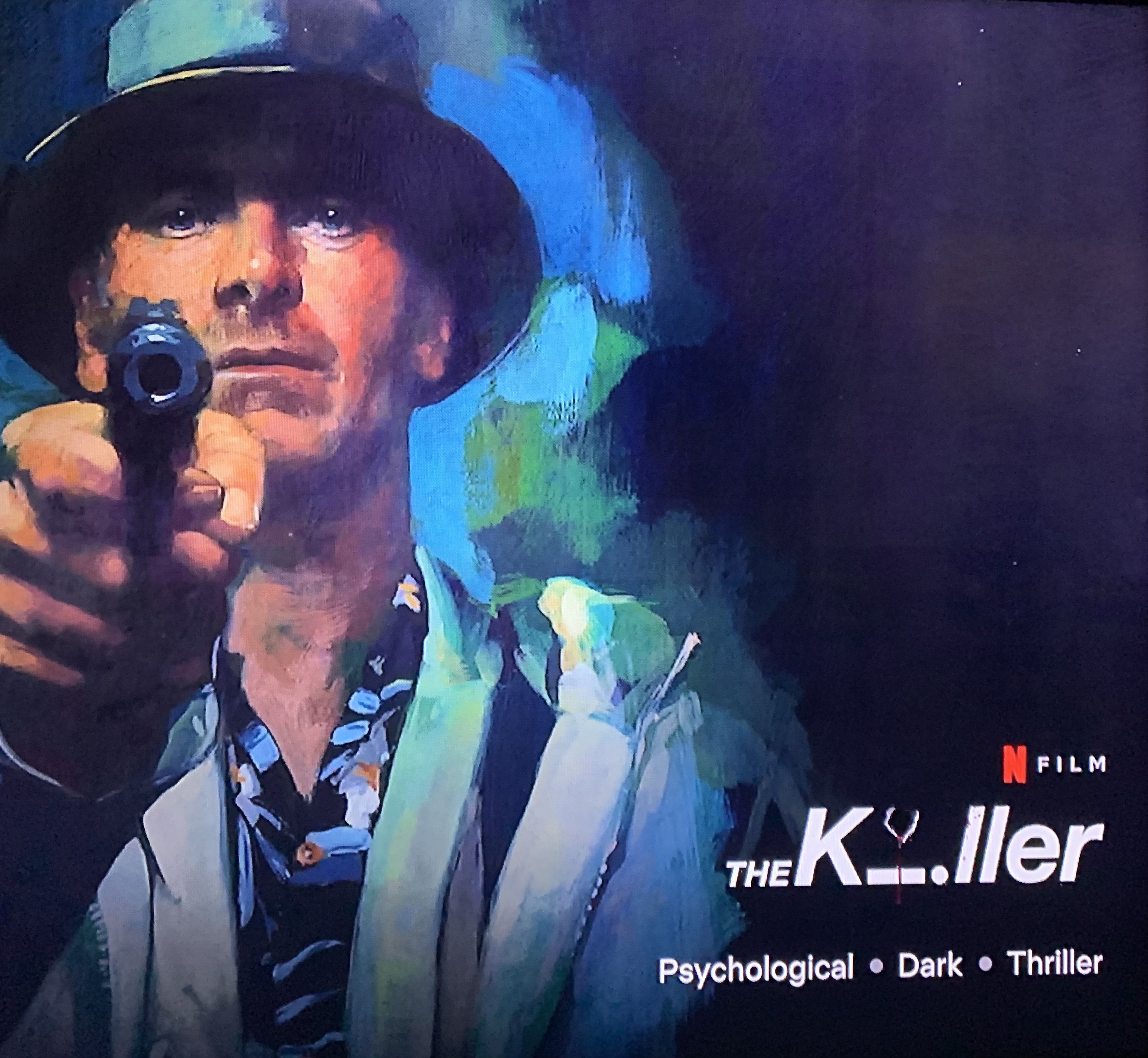“The Killer” Review: This (Un)Charming Man
The poster of "The Killer" released on Netflix Nov. 10. Photo by Andrew Breen '25
“Stick to your plan. Anticipate, don't improvise. Trust no one. Never yield an advantage. Fight only the battle you're paid to fight.” This is the mantra of Micheal Fassbender’s unnamed assassin in “The Killer,” David Fincher’s newest film based on the French comic book of the same name. The twelfth film directed by Fincher, known for films such as “The Social Network,” “Fight Club,” “Se7en” and “Zodiac,” has the same level of precision and execution as the assassin we follow, making it one of the most stripped-back and riveting films of his career.
“The Killer” is as straightforward as a film can be: an assassin has a target in Paris, it goes wrong, and he must face the consequences. This leads our assassin from the Dominican Republic to Florida and Chicago, where he roams from Home Depots, storage container hideouts, and car rentals to accomplish his plans.
The premise of “The Killer” has been seen before, with “Leon: The Professional” and “Collateral” coming to mind when mentioning similar assassin films. However, the mundanity, repetition and realism of “The Killer” make this slick, nihilistic ride worth taking.
Fassbender’s assassin is one that the film never attempts to empathize with; he is selfish, ruthless, and violent throughout, making choices to only benefit himself. By the end of the film, we really don't know who the assassin is but we understand his passion and methods for his line of work. This makes the assassin so compelling in this film.
His ability to be completely unredeemable makes him a terrifying force which is propelled by Fassbender’s, mostly silent, performance. The majority of the assassin's voice is heard from his inner monologue which darts around from thought to thought, usually consisting of his methods and beliefs of being an assassin. This is where we learn some information of who this man is: an absolute narcissist control freak whose inner monologues relate more to “literally me” memes than Batman. Although in the wrong hands, this could have made the film a tonal mess, Fincher rides the line between showing the unhinged beliefs of this character and moments of dark comedy brilliance.
Fassbender’s performance is primarily physical. With the tilt of his head or the gaze of his unblinking eyes, he says a lot. Lastly, the main feature of this character is his unending love of “The Smiths,” with the soundtrack loaded with countless songs from the band. “The Smiths” fill the majority of the film: during the assassin's hits, preparations, and stakeouts, adding an idiosyncratic detail to our main character. Realism has a level of authenticity as Fassbender takes advantage of services such as Hertz, Amazon, and Postmates to use in his plans, adding to the critique of the trappings of modern consumerism and technology that resonates throughout the film.
“The Killer’s” praises don’t stop at its main performance and direction. As it is a film made by Fincher it is almost expected to be technically flawless. The editing and sound design are the highlights of the film, with the former being chock-full of tense, beautifully-cut sequences. When giving examples of great sound design it is impossible to mention Fincher’s other works, “The Killer” is another prominent example. Muffled gunfire, the beeping of a watch, and the sound of music droning from earbuds are all moving parts in creating the atmosphere of a worldly assassin.
“The Killer” is an easy recommendation for those looking for a tight, hypnotic, and gritty thriller that's not full of your conventional focus on action sequences but rather a deep look into the routine of an assassin. And always remember: stick to the plan.
